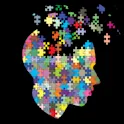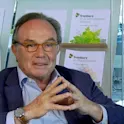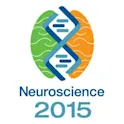
Neuroscience
08 Apr 2016
Feeling helpless when under stress?
Stress – we’re all too familiar with it. More of us than ever are feeling the relentless pressure of busy lives and it is taking its toll. In the US, stress related ailments cost the nation $300 billion every year in medical bills and lost productivity. But it seems some people are able to cope with this problem much better than others. Some individuals are resilient, while others succumb to despair. The reason, scientists have discovered, is all in the brain. Mapping the brain activity in mice when placed under stress, scientists have found that mice showing helpless behavior had vastly different brain activity from those displaying resilient behavior. Certain patterns were revealed in the stressed brain and the scientists identified a list of brain areas that might have a critical role to play in stress-induced depression. Looking at these brain activities the study, published in Frontiers in Neural Circuits, opens up possibilities for identifying new targets for the treatment of depression. They explain that with the exception of a few brain areas, “mice showing ‘helpless’ behavior had an overall brain-wide reduction in the level of neuronal activation compared with mice showing ‘resilient’ behavior.” “In addition, the helpless mice showed […]








